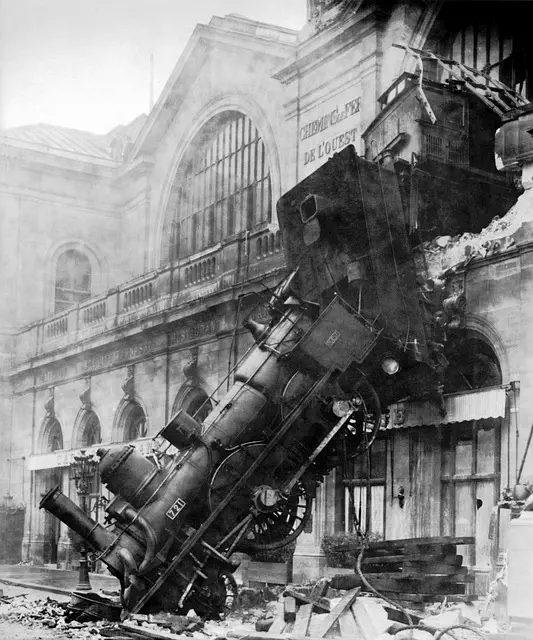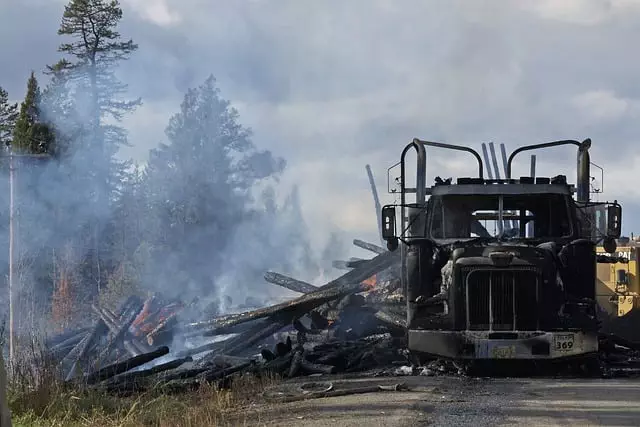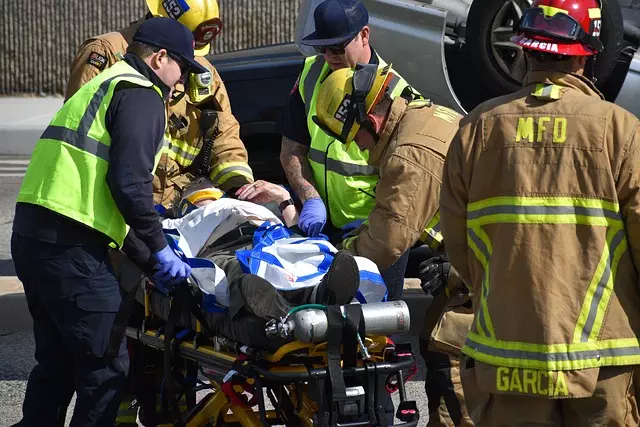Construction sites in New York City pose significant risks, with traumatic brain injuries (TBI) being among the most severe. Common causes include falls from heights, falling objects, and machinery collisions due to unsafe conditions, inadequate gear, or protocol breaches. Other hazards include electrical dangers, hazardous materials exposure, and repetitive stress injuries. Effective construction site safety regulations, enforced through inspections and training, significantly reduce TBI risks. A strong case for a TBI attorney requires gathering medical records, eyewitness accounts, and expert testimony. During the initial consultation, attorneys provide compassionate guidance, explain legal terms, assess case strength, and develop tailored strategies for compensation in NYC.
Are you seeking justice and compensation after a construction site accident in New York City? Understanding your legal options is crucial. This article explores traumatic brain injuries (TBI), their symptoms, and the legal implications for construction sites. We’ll guide you through safety regulations, liability, building a strong case, and what to expect from a consultation with a Construction Site Injury Attorney. Learn about common causes of TBI in NYC and your rights.
- Understanding Construction Site Injuries: Common Causes and Risks in New York City
- Traumatic Brain Injuries (TBI): Symptoms, Diagnosis, and Legal Implications
- The Role of Construction Site Safety Regulations and Their Enforcement
- Legal Responsibilities: Who's Liable for Construction Site Accidents?
- Building a Strong Case: Evidence, Expert Witnesses, and Personal Injury Lawsuits
- What to Expect During a Construction Site Injury Attorney Consultation
Understanding Construction Site Injuries: Common Causes and Risks in New York City

Construction sites in New York City present unique challenges and risks, leading to a variety of potential injuries. Among the most serious are traumatic brain injuries (TBI), which can result from falls from heights, being struck by falling objects, or collisions with heavy machinery. These incidents often occur due to unsafe working conditions, lack of proper safety gear, or failure to follow safety protocols.
Other common causes include electrical hazards, exposure to hazardous materials, and repetitive stress injuries from manual labor. The fast-paced and high-pressure environment of NYC construction sites can lead to mistakes and accidents. Therefore, understanding these risks is the first step towards preventing construction site injuries, ensuring the well-being of workers, and holding negligent parties accountable for their actions.
Traumatic Brain Injuries (TBI): Symptoms, Diagnosis, and Legal Implications

Traumatic Brain Injuries (TBI) are a serious concern on construction sites due to the high-risk nature of the work. Symptoms can range from mild, such as temporary confusion or dizziness, to severe, including loss of consciousness, seizures, and long-term cognitive impairments. Immediate medical attention is crucial for proper diagnosis, which involves neuroimaging and neurological assessments.
The legal implications of TBI in New York City are significant, with victims often seeking compensation for medical expenses, lost wages, and pain and suffering. Construction site injuries, including TBI, are covered under workers’ compensation laws, but personal injury lawsuits may also be pursued if negligence from a third party or the employer is proven. Understanding the symptoms, diagnosis procedures, and legal options is essential for both victims and attorneys navigating these complex cases in NYC.
The Role of Construction Site Safety Regulations and Their Enforcement

Construction site safety regulations play a pivotal role in preventing accidents and injuries on New York City job sites. These stringent rules, enforced by local and state authorities, are designed to safeguard workers from potential hazards that often come with construction work, including traumatic brain injuries (TBI). The regulations cover various aspects of construction, from proper equipment usage to site preparation and worker protection.
Enforcement of these safety measures involves regular inspections, training requirements for employees, and penalties for non-compliance. Effective enforcement ensures that contractors prioritize safety, leading to reduced risk of TBI and other construction-related injuries. In New York City, where construction projects are abundant, adhering to these regulations is not just a legal obligation but also a moral responsibility to protect the well-being of workers.
Legal Responsibilities: Who's Liable for Construction Site Accidents?

In New York City, construction site accidents often lead to severe injuries, including traumatic brain injuries (TBI). When such incidents occur, determining legal responsibility is paramount. Several entities can be held liable, depending on the circumstances.
Contractors and property owners have a legal obligation to ensure the safety of workers and visitors. Negligence in maintaining a secure work environment, improper use of machinery, or failure to enforce safety protocols could render them accountable for any resulting injuries. Additionally, subcontractors working on the site may also be liable if their actions or inactions contribute to an accident. It’s crucial for individuals who suffer construction site injuries to understand their rights and explore legal options, especially when facing significant challenges like TBI, which requires extensive medical care and rehabilitation.
Building a Strong Case: Evidence, Expert Witnesses, and Personal Injury Lawsuits

Building a strong case for a construction site injury attorney in New York City involves gathering compelling evidence and securing expert witnesses. When dealing with traumatic brain injuries (TBI), this process becomes even more critical as the impact can be invisible yet devastating. Medical records, eyewitness accounts, and photographs from the scene are essential pieces of evidence that can corroborate the severity of the injury and establish liability.
Expert witnesses play a pivotal role in personal injury lawsuits involving TBI. Neurosurgeons, neurologists, and other medical professionals can provide detailed testimony about the nature and extent of the injuries, helping to demonstrate how the incident caused or exacerbated the condition. This evidence is crucial for securing compensation that covers not only immediate medical expenses but also long-term care and rehabilitation needs associated with traumatic brain injuries in New York City.
What to Expect During a Construction Site Injury Attorney Consultation

During your initial consultation with a Construction Site Injury Attorney in New York City, you can expect a thorough and empathetic approach to understanding your case. The attorney will start by listening attentively to your story, detailing the events that led to your traumatic brain injury (TBI) on the construction site. They’ll inquire about the specifics of the incident, including dates, locations, and any witnesses present.
This initial meeting also serves as an opportunity for you to pose questions and gain clarity on what to expect in the legal process. The attorney will assess the strength of your case, discuss potential avenues for compensation, and outline a strategy tailored to your needs. They’ll break down complex legal terms, ensuring you understand every step of the way. This transparent approach fosters trust and empowers you to make informed decisions regarding your TBI-related legal claim in New York City.
If you’ve suffered a traumatic brain injury (TBI) in a construction site accident in New York City, understanding your legal rights and options is crucial. This article has outlined key aspects of construction site injuries, from common causes and TBI specifics to legal responsibilities and building a strong case. By retaining a skilled Construction Site Injury Attorney, you can navigate the complex landscape of personal injury law and seek compensation for your damages. Remember that time is of the essence; act promptly to protect your rights.
